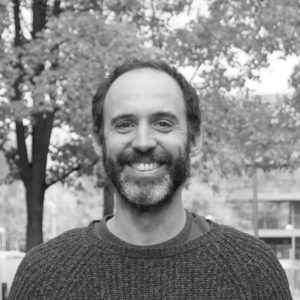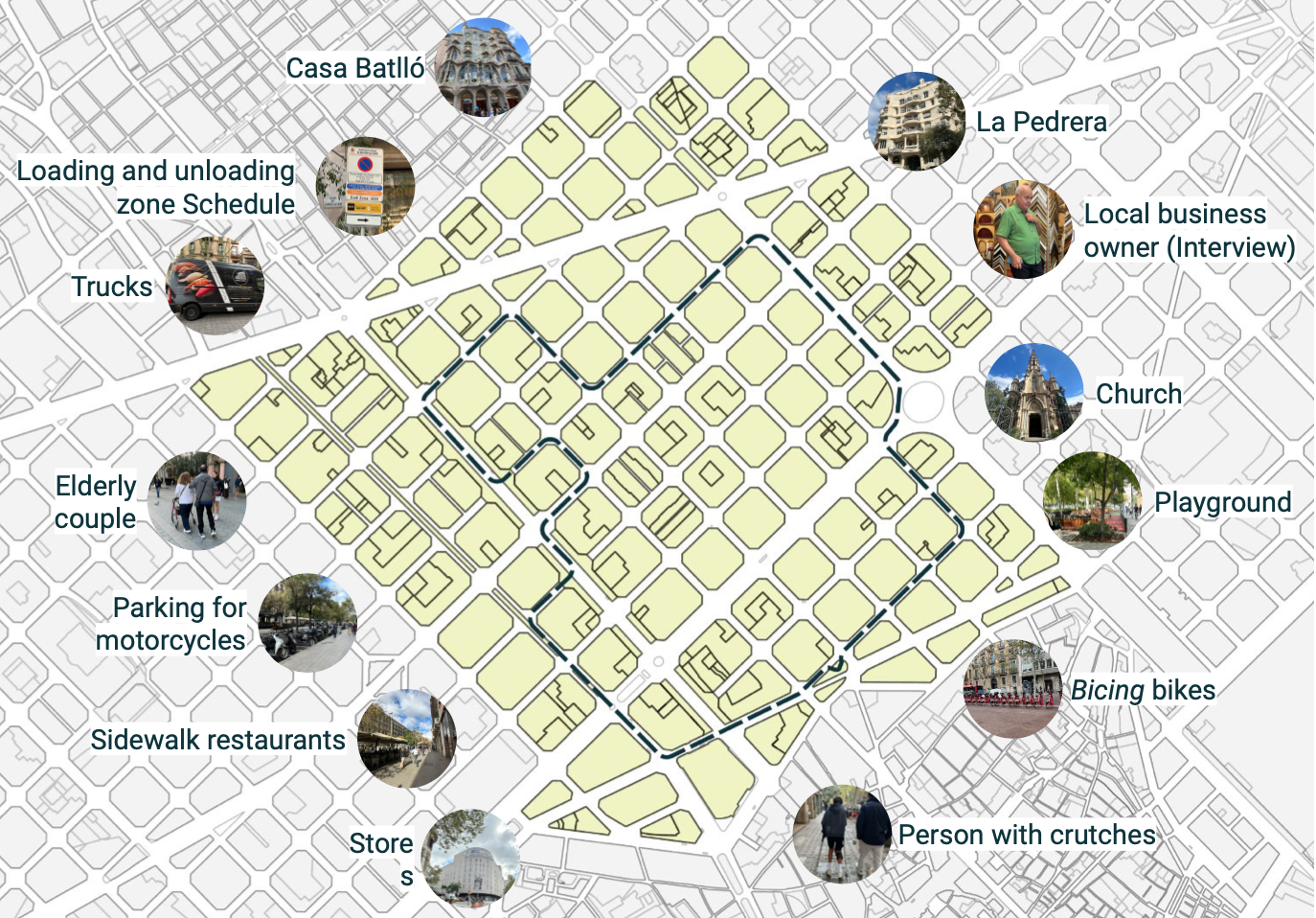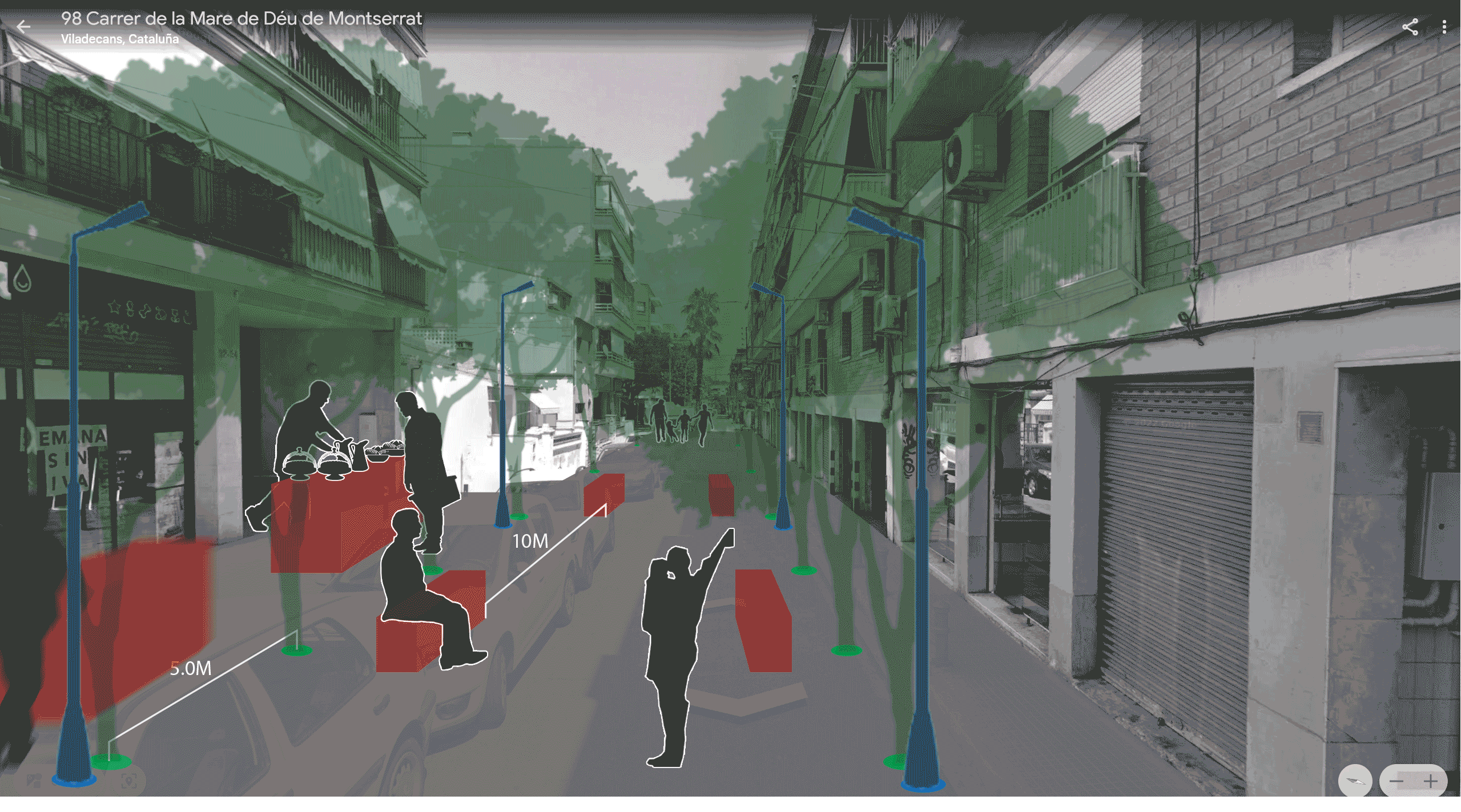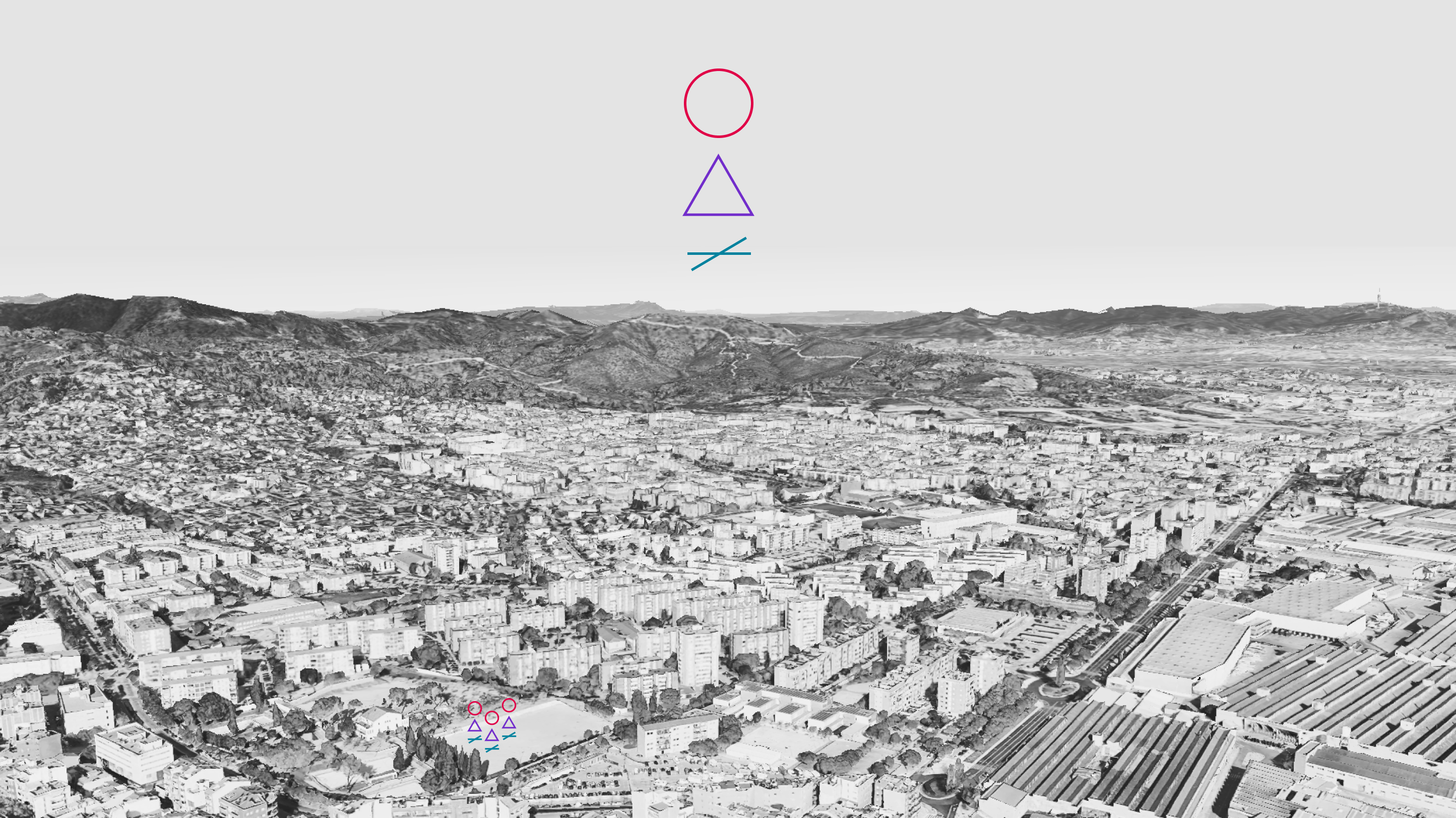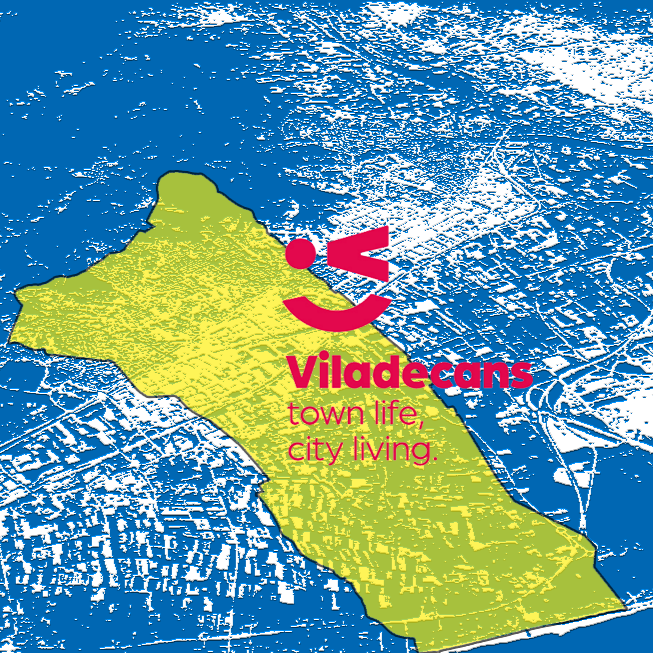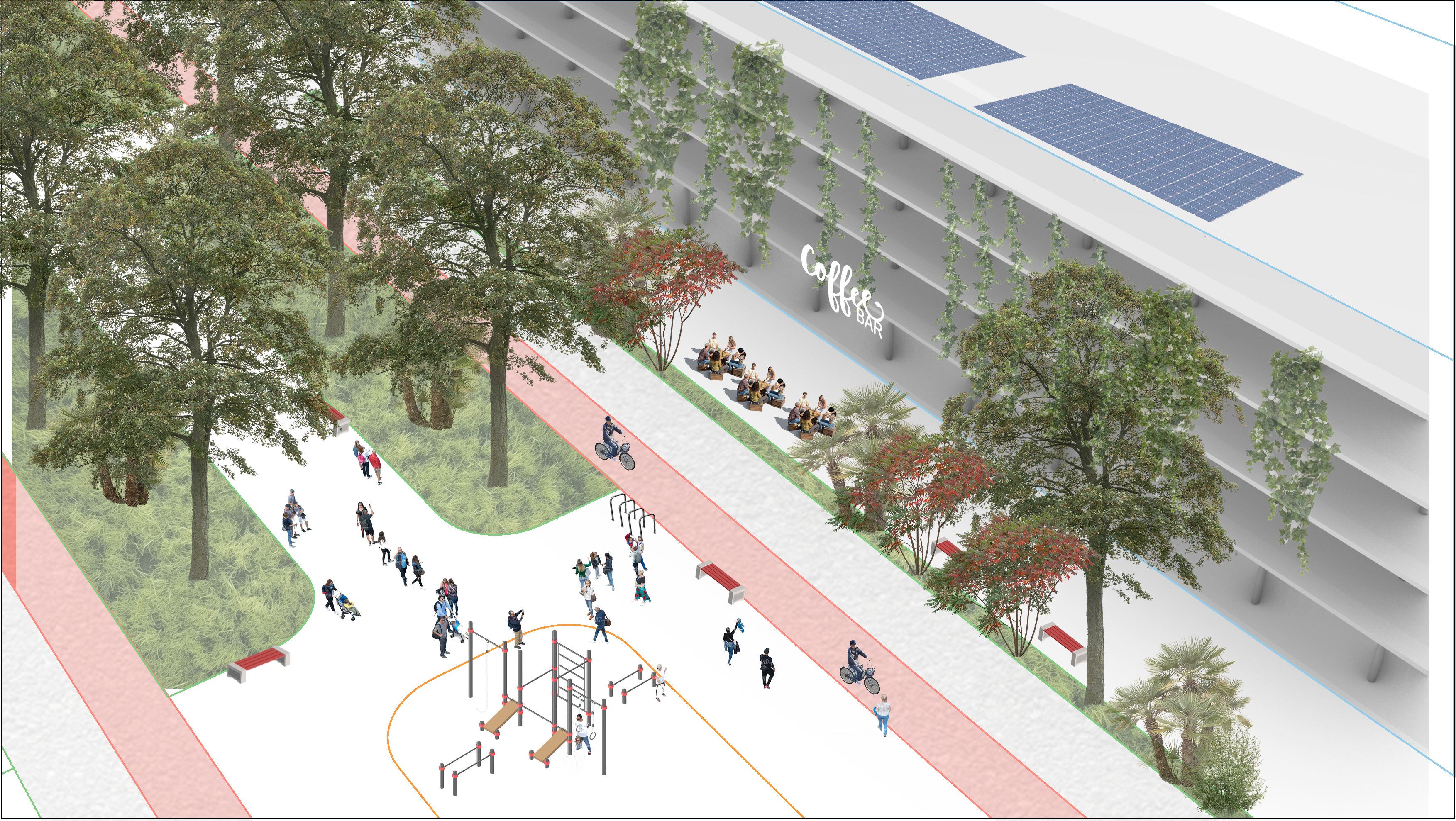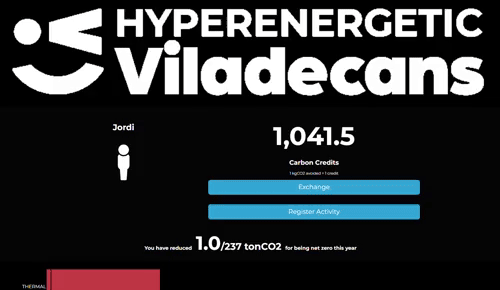World societies are becoming more aware of the impact of global trends and challenges, such as climate change, the energy crisis, or global warming in their everyday lives. Even though challenges are suffered differently in different geographies and by different societal groups, their effects have been experienced and acknowledged by the whole world population. A lot of evidence has been collected and discussed around the connection between the current global capitalist system, the urban development model, and climate change. According to the IPCC 2023 report, “human activities, principally through emissions of greenhouse gases, have unequivocally caused global warming. (…) Global greenhouse gas emissions have continued to increase, with unequal historical and ongoing contributions arising from unsustainable energy use, land use and land-use change, lifestyles and patterns of consumption and production across regions, between and within countries, and among individuals.”
Different policies and projects aim at transitioning towards a better scenario by changing the way we live, work, produce, and consume, especially in urban areas, which are the main cause, but have also the potential to become a core part of the solution to climate change. In Europe, policies and directives propel European Member States towards a 55% cut in emissions by 2030 and climate neutrality by 2050. Towards this goal, the EU has put forward the Mission “100 Climate-Neutral and Smart Cities by 2030” and the NetZeroCities platform. In Spain, the citiES 2030 platform, supports the seven Spanish cities in the Mission, as well as other eight “follower” cities in achieving climate neutrality.
All these initiatives and policies are increasingly aware of the need to involve citizens and other societal actors if they want to achieve a sustainable change. From local climate agreements to energy communities, soft mobility systems, waste management or sustainable food production, the role of citizens is at the core of the transformation of urban areas and mitigation of climate change.

photo credits: Normalised difference vegetation index data in Viladecans and its surrounding area. Source of data: ICGC
The Internet of People Studio aims to rethink the role of citizens in the adaptation of the urban environment in a context of climate change. We will approach this issue through a combination of big data analysis and qualitative approaches, rethinking the involvement of society in the generation, analysis and storytelling of data. We need new and innovative approaches to analysing local impact of climate change and developing new narratives in which civil society is seen not as a passive consumer of policies and products, but as an active agent that manages resources, proposes changes and leads an adaptation process that takes into account diversity of local communities.
The Studio will work in Viladecans, a city in the Metropolitan Area of Barcelona, which is part of the citiES 2030 platform and aims at achieving climate neutrality by 2050. Viladecans is an intermediate city with almost 70 thousand inhabitants, and a great diversity of landscapes, including a compact urban centre, expansion neighbourhoods developed in the 20th century, natural protected areas in the Garraf-Ordal mountains, an industrial cluster connected to Barcelona’s airport, an active agricultural park, or beaches along the Mediterranean coast. Viladecans, as part of the Mediterranean climate zone, is located in one of the most exposed ecosystems to climate change.
It will focus on four different specific aspects of climate change adaptation and we will explore the involvement of citizens in each of them. We will investigate innovative approaches to climate shelters as a strategy to adapt to urban heat island effect; we will study sustainable mobility systems through multi-scale flow analyses to foster soft mobility (cycling, walking) and cut CO2 emissions; we will research different configurations of healthy and lively public spaces in which citizens claim back the streets as mixed-use and multi-layered spaces; and we will analyse the impact of energy poverty in urban areas and the role of citizens in urban regeneration strategies.

photo credits: Oasis Urban Innovative Action for schools’ adaptation to urban heat island effect in Paris. École Maurice d’Ocagne, 14e. Source: Joséphine Brueder, Ville de Paris (paris.fr)



